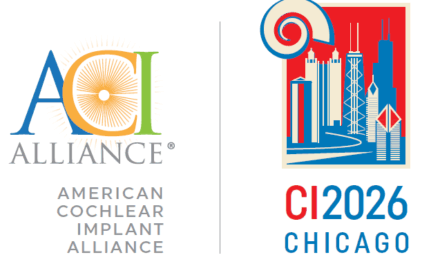Advancements in technology make cochlear implants beneficial for more people with severe hearing loss, including infants as young as 6 months, and cochlear implants have been found to have positive impact on quality of life and speech development.
Technological improvements in cochlear implants have increased the group of severely and profoundly hearing impaired people who may benefit from implants, according to an article written by two Australian doctors in the Australian Family Physician periodical.
Severe to profoundly hearing impaired individuals of any age, including infants and geriatric patients, are now considered as candidates for cochlear implant surgery, rather than only the profoundly hearing impaired, they wrote.
Some 1,000 Swedes have the implanted devices, and most of them have enjoyed significant improvements in their quality of life, according to recent Swedish research. But, the Swedish association of hearing impaired people, HRF, says the number of implant recipients could be 10 times higher.
While the Swedish study focused on adults, scientists elsewhere have have looked into the possibility of infants receiving cochlear implants.
Researchers from the University of Minnesota evaluated results of cochlear implants in 15 children who received the devices before the age of 12 months.
"In our experience, we feel cochlear implantation is safe for infants as young as 6 months of age," the researchers write in the International Journal of Pediatric Otorhinolaryngology.
A team of American researchers compared speech development among children who have implants. Children implanted earlier in life (in the first 4 years of life) had faster rates of spoken language acquisition than children implanted later in life, the team concluded in the journal Ear and Hearing.
Sources: Australian Family Physician, vol 37, nr 5, May 2008; www.hrf.se; International Journal of Pediatric Otorhinolaryngology, vol 72, nr 5, June 2008; Ear and Hearing, vol 29, nr 4, August 2008.
[Source: hear-it]




